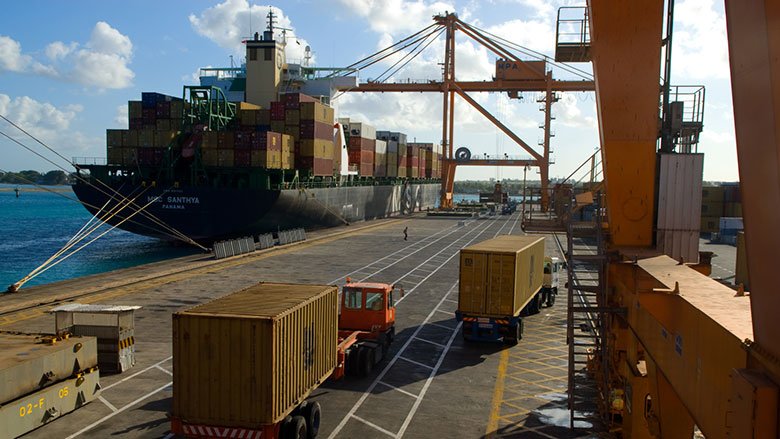Latest Developments in African Trade: Key Insights and Impacts
June 3, 2024 | by tradepulse.qivook.com

Recent Trends and Developments in African Trade
In recent years, African trade has witnessed significant transformations, marked by a notable increase in intra-African trade. The establishment of the African Continental Free Trade Area (AfCFTA) has played a crucial role in enhancing trade relations among African nations. Launched in January 2021, AfCFTA aims to create a single market for goods and services, facilitating the free movement of businesspersons and investments. As of 2023, 54 out of 55 African Union members have signed the agreement, with 43 ratifying it. This historic agreement is expected to boost intra-African trade by 52.3% by 2022, according to the United Nations Economic Commission for Africa (UNECA).
Beyond intra-African trade, the continent has also forged significant trade agreements and partnerships with other regions. Notable among these is the Economic Partnership Agreement (EPA) between the European Union and various African countries, aimed at fostering economic integration and sustainable development. Additionally, the African Growth and Opportunity Act (AGOA) continues to facilitate duty-free access to the U.S. market for eligible African countries.
Agriculture, manufacturing, and digital services have emerged as key sectors driving trade growth in Africa. Agriculture remains the backbone of many African economies, contributing significantly to GDP and employment. Manufacturing is gaining momentum, with countries like Ethiopia and Kenya becoming manufacturing hubs. Meanwhile, the digital revolution is transforming trade, particularly through e-commerce and digital financial services, contributing to economic diversification and resilience.
However, African trade faces several challenges. Infrastructure deficits, such as inadequate transportation networks and energy supply, hinder trade efficiency. Tariff and non-tariff barriers, including customs procedures and regulatory standards, continue to pose obstacles. Political instability in certain regions also affects trade flows and investor confidence.
Recent data underscores these trends and challenges. According to the World Bank, intra-African trade accounted for approximately 16% of total African trade in 2020, up from 12% in 2013. Furthermore, the International Trade Centre (ITC) reports that non-tariff measures affect over 50% of intra-African trade, highlighting the need for continued efforts to streamline trade regulations and infrastructure development.
Impacts of Trade Developments on African Economies
Recent trade developments have significantly impacted the economies of African countries, leading to notable changes in economic growth, job creation, and poverty reduction. Increased trade activity has been a catalyst for economic expansion, with nations such as Ethiopia and Rwanda experiencing substantial growth rates. These countries have capitalized on enhanced trade agreements and regional cooperation to boost their export sectors, thereby fostering economic resilience and diversification.
Economic growth driven by improved trade relations has also translated into job creation. For instance, Ethiopia’s burgeoning textile industry has generated thousands of jobs, contributing to a reduction in poverty levels. Similarly, Kenya’s thriving agricultural exports have created numerous employment opportunities, providing livelihoods for many rural communities and helping to alleviate poverty.
Trade has further been instrumental in promoting sustainable development across the continent. The African Continental Free Trade Area (AfCFTA), for example, aims to create a single market for goods and services, which is expected to enhance industrialization and economic diversification. By reducing trade barriers and fostering intra-African trade, the AfCFTA is poised to drive sustainable economic growth and development.
The long-term impacts of current trade trends on Africa’s global economic positioning are also promising. As African nations continue to integrate into the global economy, their increased trade activities are likely to elevate their economic status on the international stage. Enhanced trade relations with major economies such as China, the European Union, and the United States have already begun to shift Africa’s economic landscape, positioning it as a key player in global trade.
However, it is crucial to address the economic disparities that may arise from uneven trade benefits. While some countries and regions are thriving, others may lag behind, exacerbating income inequalities. To ensure inclusive growth, policies must be implemented to support disadvantaged regions and sectors. This could involve targeted investments in infrastructure, education, and skills development to enable all regions to participate effectively in trade activities.
RELATED POSTS
View all

